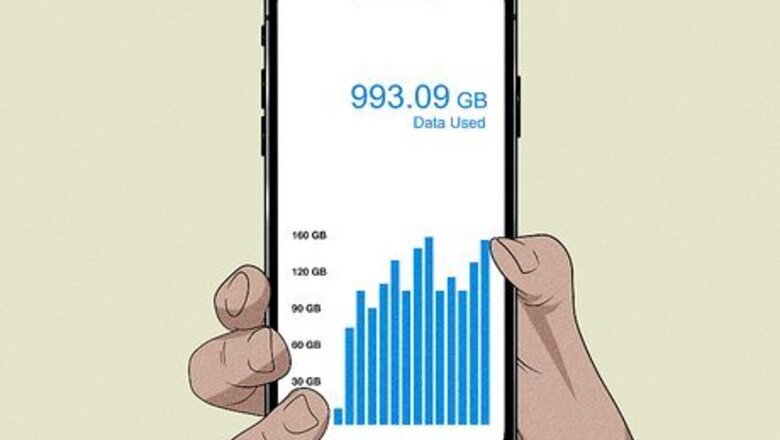
views
- Spyware on iPhones is rare but possible.
- Your iPhone may have spyware if you are experiencing excessive data usage, unusual pop-up messages, unknown apps, or fast battery draining.
- Your iPhone can get spyware from email phishing, text message smishing, malicious websites, vulnerabilities in iOS, or Wi-Fi hotspot spoofing.
Signs of Spyware on an iPhone

Excessive data usage. One of the biggest signs you might have spyware on your iPhone is if you notice higher-than-usual data or internet usage. Some apps (such as streaming services) use a lot of data anyway. But if you notice your iPhone is using more data, even though your usage hasn't changed, it could be a sign a hidden program on your iPhone is sending data to a third party.
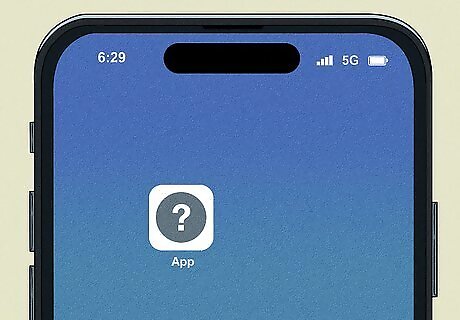
Unknown apps. If you notice apps you didn't install on your iPhone, someone else may have access to your iPhone. One app to look out for is Cydia, which allows for installing apps that aren't available on the App Store and, thus, not vetted by Apple. If you notice Cydia installed on your iPhone, your iPhone has most likely been jailbroken.
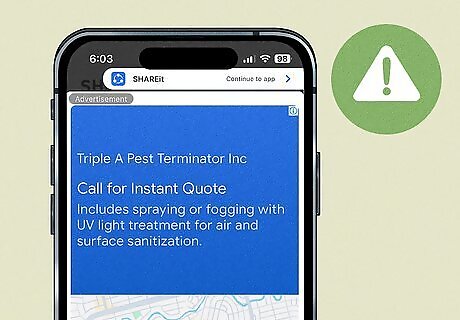
Pop-ups and unusual messages. If you see excessive pop-ups and messages, even if your web browser is not open, your iPhone may be infected with spyware, malware, or adware.

Overheating. Spyware can cause your iPhone to work harder and put more of a strain on the CPU, causing it to heat up. If your iPhone is getting hot, even when you are not running demanding apps, it could be a sign of spyware. A hot phone could also be a sign that you have compatibility issues with certain apps or that your iPhone is getting older.

Battery running out quickly. Apps that cause your iPhone to work harder also tend to use up battery life much more quickly. If your battery is running out quickly, it could be a sign that spyware may be running in the background. As with overheating, a battery running out quickly could be a sign of software compatibility issues or that your iPhone is getting older.
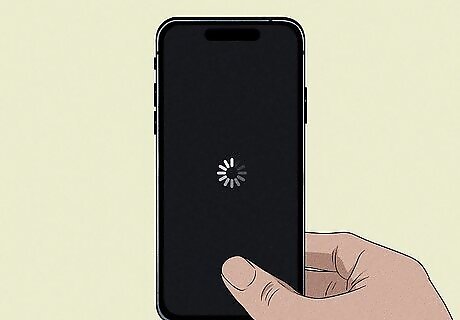
Your iPhone is running slowly. If your iPhone runs slower than usual, it could be a sign that hidden apps are running in the background.

Crashing. If apps or your iPhone constantly crashes, it could be a sign of malware.
How To Remove Spyware on an iPhone
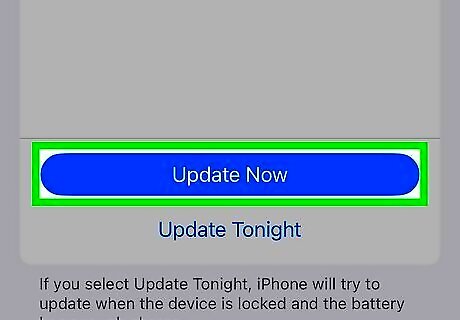
Update your iPhone. Apple periodically releases updates to fix security flaws and vulnerabilities. Keeping your iPhone up to date can go a long way to help prevent zero-day exploits: Open the Settings menu. Tap General. Tap Software Update. Tap "Download and Install'.

Delete suspicious apps. If you see any apps that you don't remember downloading, tap and hold the app icon on your Home screen, then tap Remove app.
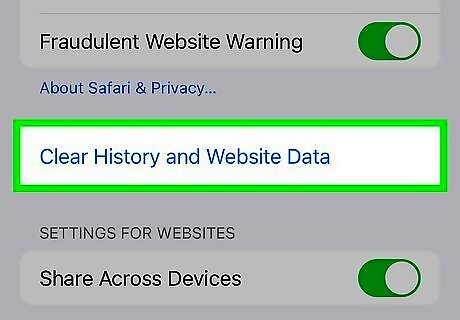
Clear your web browser history and cache. Some spyware may hide in the cookies and cache of Safari. Clear your web browser history and cache to remove this type of spyware. Open the Settings menu. Tap Safari. Tap Clear History and Website Data.
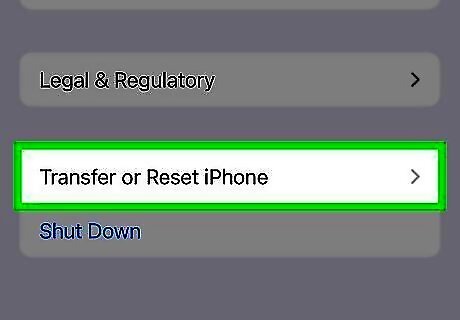
Factory reset your iPhone. If you've tried everything and still suspect you have spyware on your iPhone, you can get rid of it by factory resetting your iPhone. This will erase all data on your iPhone. Use this as a last resort. If you want to restore your iPhone from a backup, you may need to select a backup from before your iPhone got infected to avoid reinfecting your iPhone. To reset your iPhone: Open the Settings menu. Tap General. Tap Transfer or Reset iPhone. Tap Erase all your data from your iPhone.
How iPhones Get Spyware (and How to Prevent It)
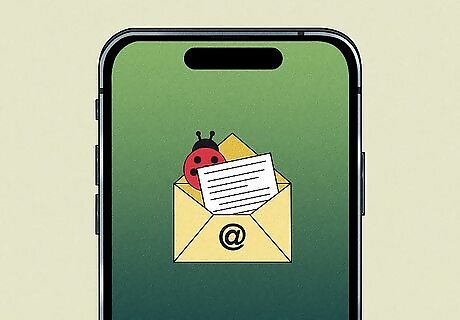
Phishing. Spyware attacks tend to be very targeted. Phishing is when an attacker sends a malicious email disguised as a legitimate email. The goal is to trick you into giving away your private credentials, such as your login information. Phishing emails may also contain links that download spyware. If you receive an email requesting your login information, don't provide it. If you get an email claiming there is a problem with any of your accounts, contact the company or service directly instead of responding to the email. Do not click any links in the email. Instead, log in to their official website or official app.
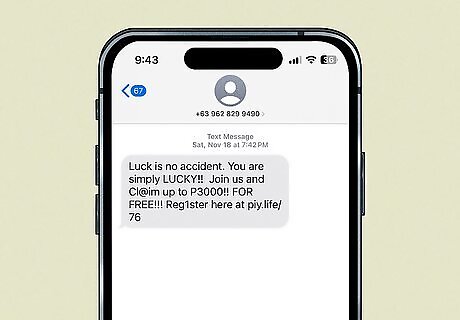
Smishing. Smishing is like phishing but over text instead of email. A text message may contain a malicious link, or it may even contain an image with malicious code. To avoid getting spyware on your iPhone from phishing, never tap a link in a text message, even if it looks to be from a legitimate source.
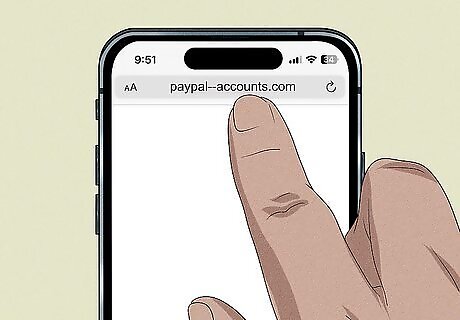
Malicious websites. Malicious websites may disguise themselves as legitimate websites to trick you into giving your credentials or installing tracking cookies that track your browsing habits. Only visit official websites that are well known. Be careful about websites that request access to your phone's features, such as your camera, microphone, or contacts. Don't fall for scare tactics. If you see a website warning you that your iPhone may be infected with malware, the site is trying to trick you into downloading malware. Apple does not ever display messages about your iPhone being infected with spyware, viruses, or other malware—this is always a scam.
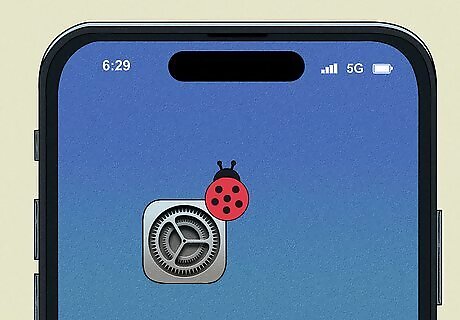
Zero-day exploits. Zero-day exploits are when an attacker exploits security vulnerabilities in the operating system that the developer does not know about. This is one of the ways Pegasus spyware was spread. Make sure your iPhone has the latest iOS updates to prevent zero-day exploits.
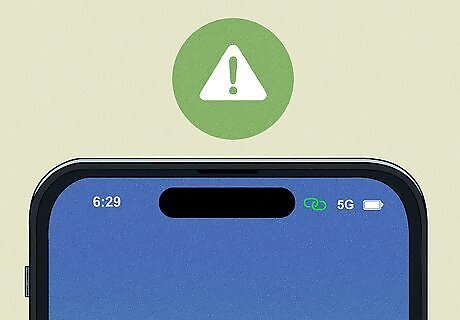
Wi-Fi spoofing. Another way attackers can gain access to your iPhone is through Wi-Fi spoofing. They can set up a malicious Wi-Fi hotspot that appears similar to a legitimate public Wi-Fi hotspot. Once users connect, the attacker has access to their system. Avoid connecting to public Wi-Fi to prevent Wi-Fi spoofing. Use 4G or 5G data instead. If you need to connect to a public Wi-Fi hotspot, check with the establishment to ensure you have the correct one. If you must connect to public Wi-Fi, never do so without first connecting to a VPN.
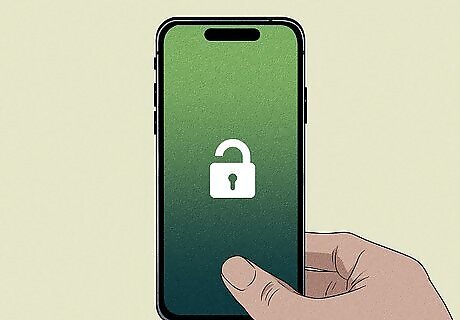
Jailbreaking. Many users like to jailbreak their iPhones to bypass some of the restrictions Apple places on their users and to download unofficial apps. This puts the user at a higher risk of downloading spyware or malware. To avoid malware, never jailbreak your iPhone. Not only does this put you at greater risk, but it can also void your iPhone warranty. Only download official apps from the App Store.




















Comments
0 comment